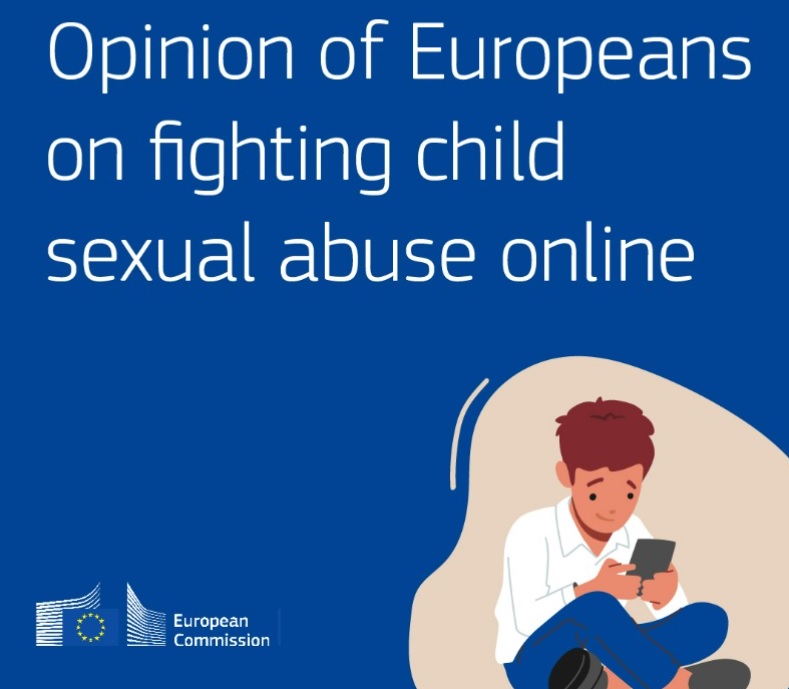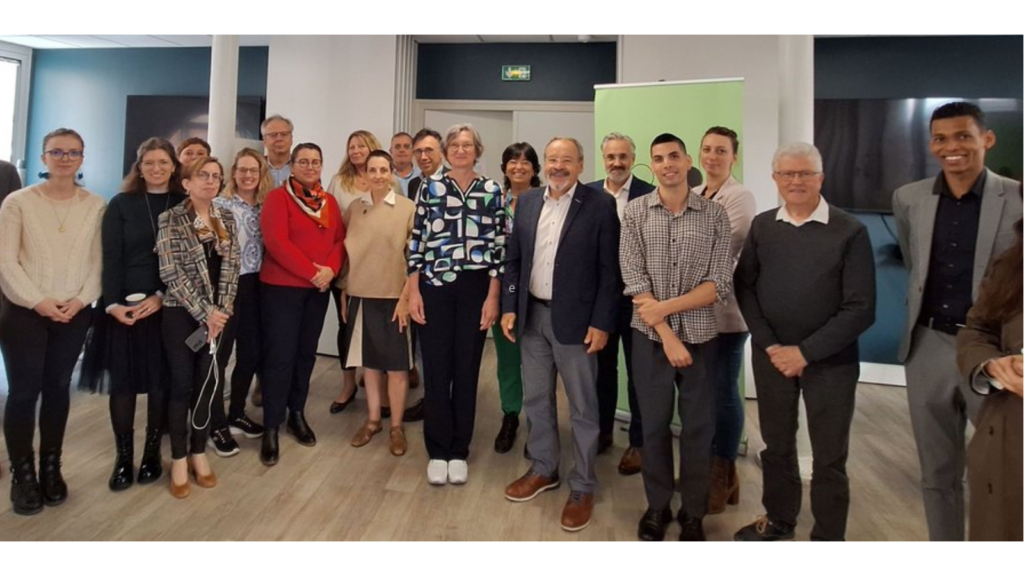In July 2023, the European Commission released results of the latest Flash Eurobarometer survey on the protection of children against online sexual abuse.
The survey shows that a large majority of Europeans (73%) consider online child sexual abuse to be a widespread or very widespread problem; 92% agree that children are increasingly at risk online. The circulation of online child sexual abuse materials and cases of “grooming” (manipulating children into sexual abuse) have both been rising at an alarming rate. In an EU average most of respondents (82%) agree that tools like parental control are not enough to keep children safe online. 78% of Europeans interviewed tend to support or strongly support the Commission proposal to fight child sexual abuse.
___________
The Flash Eurobarometer survey was conducted between 28 June and 4 July 2023 on a representative sample of more than 26000 citizens, aged 18 and over, in each of the 27 Member States of the European Union.
Across all Member States:
- 92% of respondents strongly agreed or rather agreed that children are increasingly at risk online
- 73% of respondents thought that the problem of child sexual abuse in their country was very or fairly widespread
- 78% of respondents strongly supported or supported the legislative proposal of the European Commission to fight child sexual abuse online
- 96% of respondents stated that the ability to detect child abuse was more important or equally important than the right to online privacy, with 2% of respondents stating that the right to online privacy was more important than the ability to detect child abuse
- 89% of respondents strongly supported or supported that service providers use tools to automatically detect images and videos already known, even if those tools may interfere with privacy of users
- 85% of respondents strongly supported or supported that service providers use tools based on AI to detect new child sexual abuse images and videos shared online, even if those tools may interfere with privacy of users
- 84% of respondents strongly supported or supported that service providers use tools based on AI to detect grooming
- 87% of respondents strongly supported or supported that service providers detect CSAM and grooming in messages (e.g. email and chat) in case of a significant risk on a platform
- 83% of respondents strongly supported or supported that service providers detect CSAM and grooming in messages using end-to-end encryption in case of a significant risk on a platform
Published materials, available on the Eurobarometer website, include a presentation and a data annex.
________________
Background
COFACE Families Europe has joined a coalition of more than 60 European and international civil society working to end child sexual abuse on and offline: the European Child Sexual Abuse Legislation Advocacy Group (ECLAG).
Different campaigns have been launched in individual countries aiming to change legislation around the child abuse cases specific to the country’s history. Learn more about the fights that are being led on a national level. This is led by the Justice Initiative.
The fight against child sexual abuse is a priority for the EU. In May 2022, the European Commission set out a legislative proposal to prevent and combat child sexual abuse. The proposal creates obligations for online service providers to prevent child sexual abuse from happening by requiring them to put in place child safety by design measures. Only if preventive measures are not sufficient, online service providers may be subject to obligations to detect child sexual abuse images and videos, as well as grooming. The proposal also includes obligations to report child sexual abuse online to authorities, remove the material, and block access to it when removal is not possible. The proposed new regulation also creates a new dedicated EU agency, the EU Centre to prevent and combat child sexual abuse, to facilitate cooperation and boost efforts by private and public authorities against these crimes.
Technology to detect child sexual abuse material and grooming online already exists and service providers have been detecting on a voluntary basis for years. The new proposal will replace the current voluntary framework for a mandatory one, strictly regulated, with the necessary safeguards and conditions to make sure that digital spaces have the necessary protections to keep children safe from harm online, while fully guaranteeing privacy and the protection of personal data.




